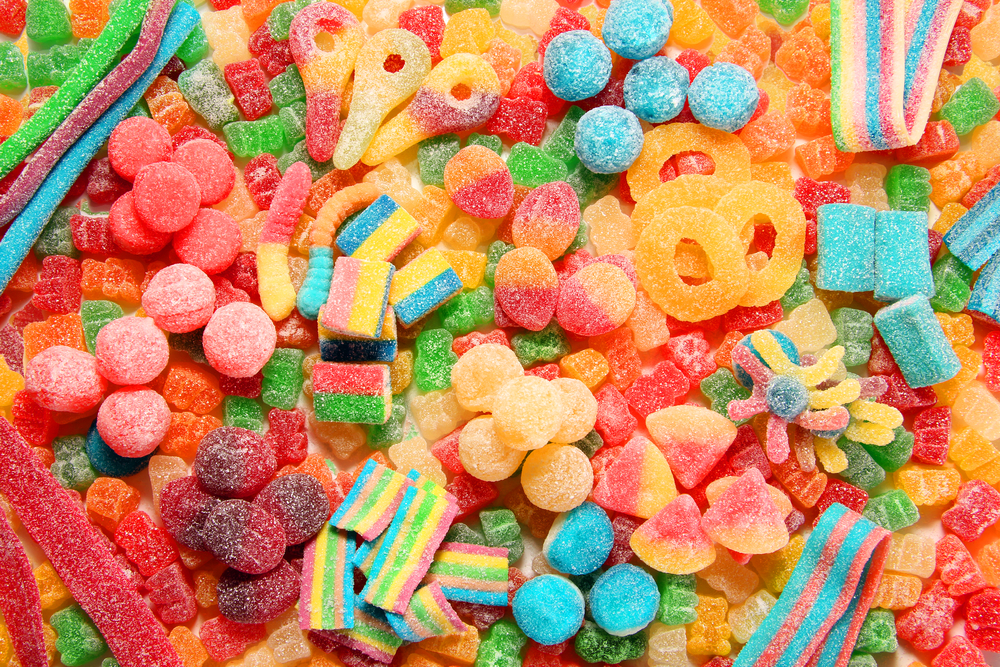Can Sour Candy Help Derail a Panic Attack?
Some experts believe that sour candies can provide a distraction – via sensory stimulation – from a panic attack. This happens by making people who take such candies focus on the overwhelming strong taste of the candy and arresting the overwhelming fear and panic. It helps let your mind know that you are not in… Read more

Reviewed by The PsychPlus Team
December 12, 2023

Some experts believe that sour candies can provide a distraction – via sensory stimulation – from a panic attack.
This happens by making people who take such candies focus on the overwhelming strong taste of the candy and arresting the overwhelming fear and panic. It helps let your mind know that you are not in actual danger.
Obviously this does not mean that sour candies are an actual treatment for a panic condition. For this it’s essential to explore reliable coping strategies, like deep breathing or mindfulness, for managing anxiety.
And of course if someone is experiencing frequent anxiety attacks then they should consult a doctor or other healthcare professional for personalized advice and treatment.
Find a mental health care provider near you
Learn about the conditions we treat


